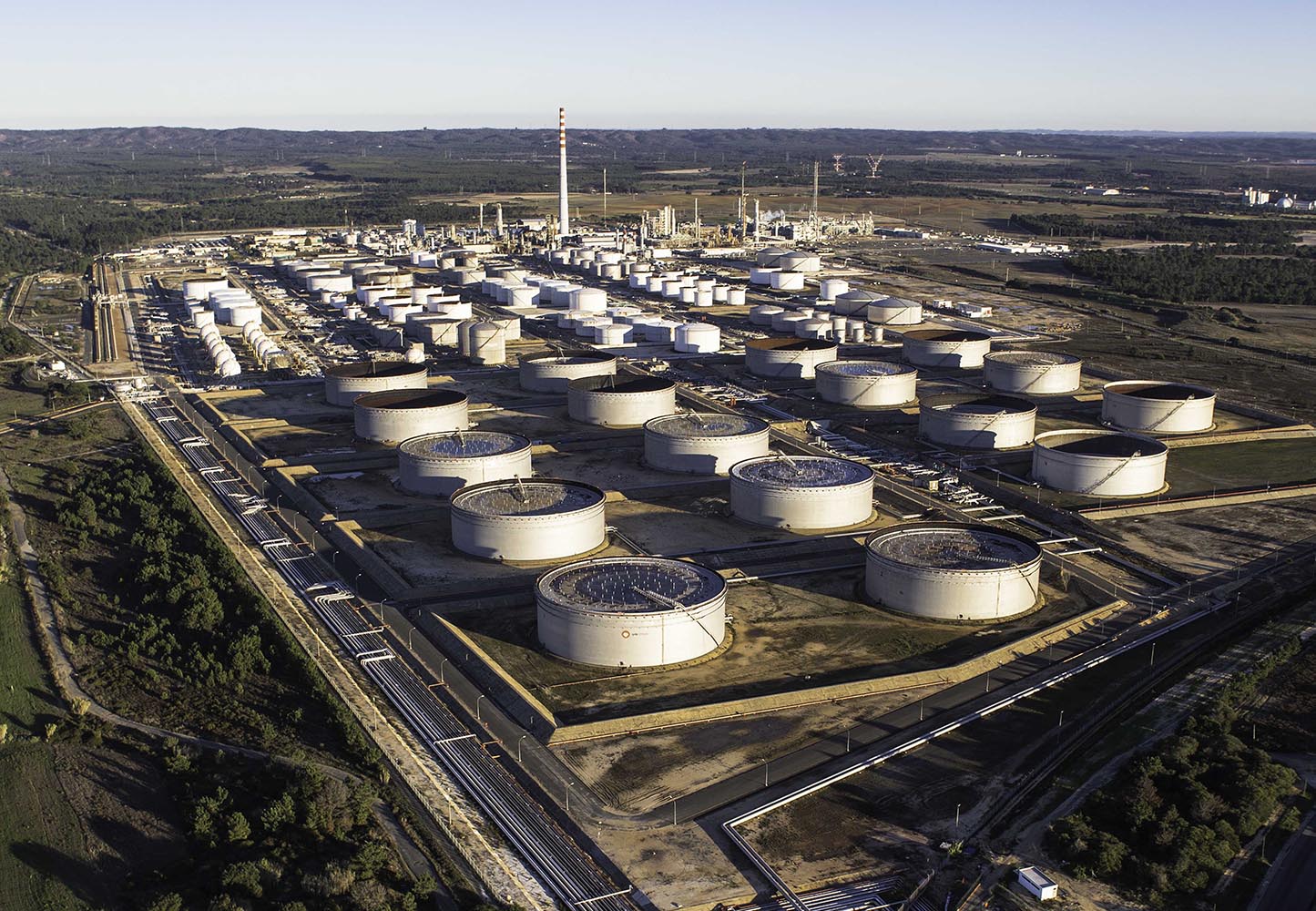
Galp and Mitsui partner for advanced biofuels and green hydrogen
Energy giant Galp, based in Lisbon, Portugal, has announced two major projects targeting sustainable energy solutions, with an estimated combined investment of around EUR650 million (USD687 million). These initiatives, set to launch in 2025, underscore Portugal’s commitment to pioneering low-carbon energy solutions.
In collaboration with Japanese multinational company Mitsui, Galp will establish a 270 kilotonnes per annum (ktpa) advanced biofuels unit in Sines 150 kilometers south of Lisbon, the capital of Portugal. This joint venture, with a 75-25 ownership split, aims to produce renewable diesel and sustainable aviation fuel using waste residues. This venture is expected to reduce greenhouse gas emissions by approximately 800 ktpa, offering a more sustainable alternative to traditional fossil fuels. The plant, leveraging Axens’ technology, will be managed by the consortium of Technip Energies and Technoedif Engenharia. The estimated investment for this biofuels unit stands at EUR400 million (USD423 million).
Additionally, Galp is venturing into green hydrogen production with a 100 megawatt (MW) electrolysis plant. This facility will produce up to 15 ktpa of renewable hydrogen, replacing about 20% of the Sines refinery’s grey hydrogen consumption. This shift could lead to a reduction of around 110 ktpa in greenhouse gas emissions. The electrolysis process will utilise renewable power and industrial recycled water. Plug Power will supply the 100 MW proton exchange membrane electrolysers, with Technip Energies overseeing the project. The green hydrogen initiative has an estimated budget of EUR250 million (USD264 million).
Paula Amorim, chairwoman of Galp, expressed her optimism about these projects, emphasising their significance in advancing Portugal’s energy transition. She also highlighted the importance of supportive fiscal and regulatory environments for the success of such large-scale investments.
Mitsui is one of the largest sogo shosha (general trading companies) in Japan, with interests in various sectors, including energy, machinery, chemicals, food, textile, logistics, finance, and more. It operates globally with a network of offices and subsidiaries in Asia, Europe, the Americas, the Middle East, and Africa. Mitsui is increasingly focusing on sustainable business practices, including investments in renewable energy and initiatives to reduce environmental impact.














